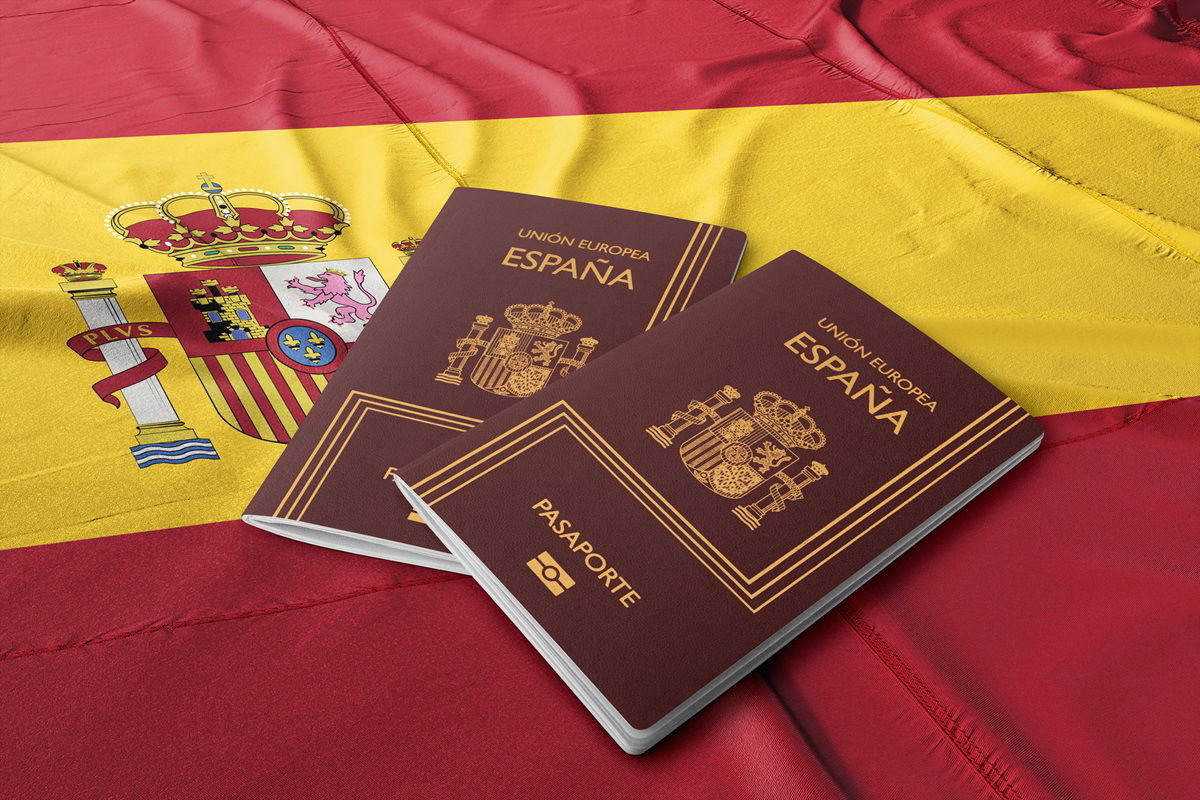Spain to revoke nationality for non-native citizens failing key requirements—find out who is affected and how to keep your status
Credit : Shutterstock, justit
In a significant move, Spain is set to begin revoking Spanish citizenship in March 2025 from Spaniards who acquired it through naturalisation but fail to meet strict legal obligations.
This new policy, detailed on the website of the Ministry of the Presidency, Justice, and Relations with the Cortes, targets non-native citizens who breach three mandatory conditions.
Who will lose their spanish Citizenship?
Under the new regulations, individuals who obtained Spanish citizenship by residence or other means—not by birth—could lose their citizenship if they do not fully comply with certain requirements. Firstly, if they continue to use the citizenship they were required to renounce for more than three years after naturalisation, they risk having their Spanish citizenship taken away. Secondly, any voluntary enlistment in the armed forces or assumption of a political role in a foreign country, in defiance of an express prohibition by the Spanish government, will lead to revocation. Lastly, if a court ruling finds that someone obtained Spanish citizenship through fraud, concealment, or falsification, their citizenship will be rescinded. Although there is no fixed list of forbidden countries, each case will be scrutinised carefully, especially where national security or Spain’s interests may be compromised.
How can spanish citizenship be recovered?
For those who lose their Spanish citizenship under these rules, there is a path to recovery—but it comes with stringent conditions. Applicants must generally be legal residents in Spain, though exceptions are made for emigrants and their children, and the Justice Minister may waive this requirement under exceptional circumstances. The individual must then formally declare their desire to recover their citizenship before the Civil Registry and complete the registration process. In cases where citizenship was lost due to using another citizenship for over three years, engaging in prohibited military or political activities abroad, or fraudulent acquisition, government approval is required before the citizenship can be reinstated.
A new chapter in Spanish citizenship law
This sweeping policy change reflects Spain’s effort to ensure that those who hold its citizenship remain fully committed to the country’s laws and values. By enforcing these obligations, the government aims to protect national security and uphold the integrity of its citizenship. As Spain moves forward with these measures in March 2025, all eyes will be on how this new approach impacts non-native citizens and reshapes the country’s demographic landscape.
